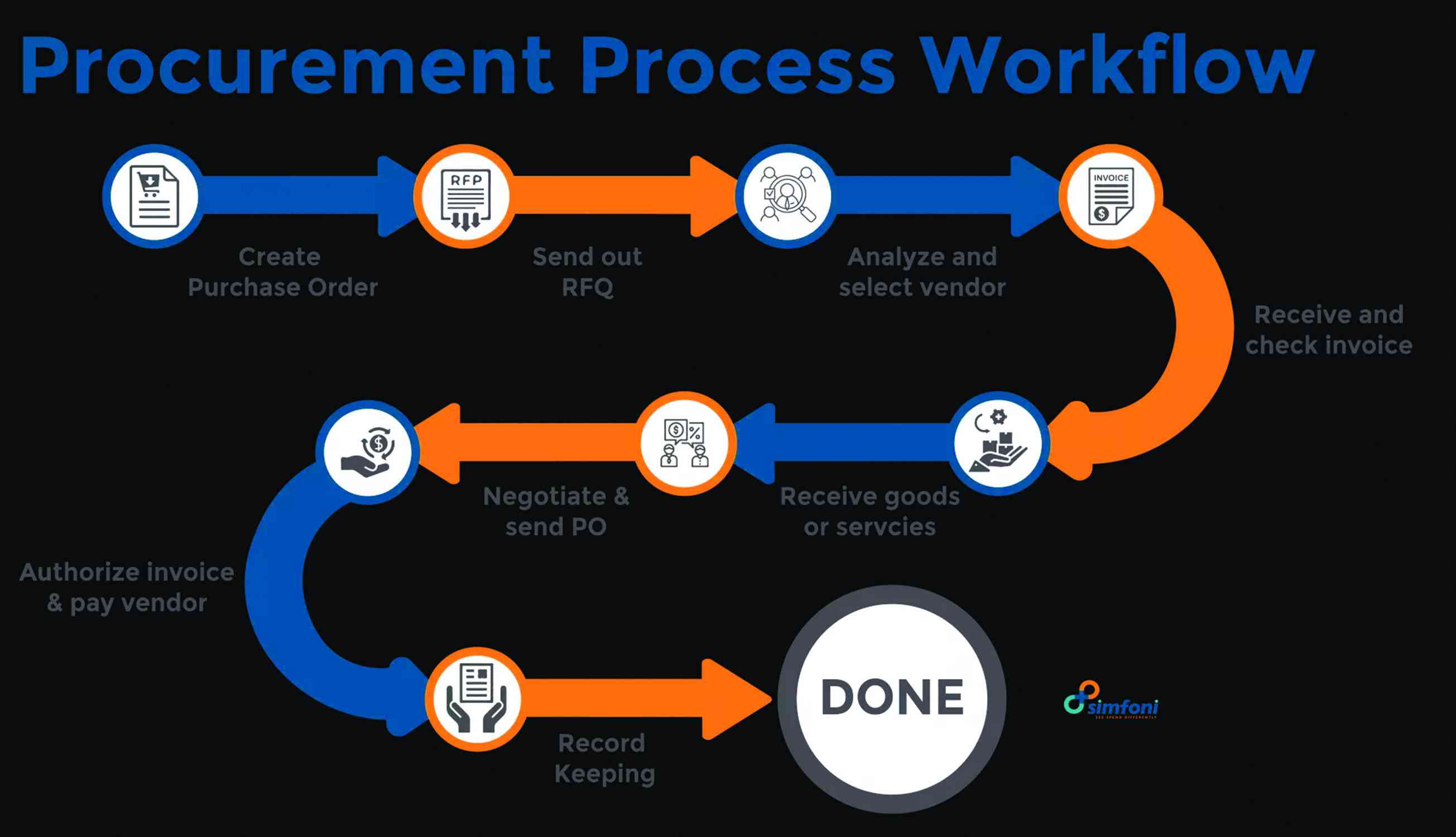
IN 2025, Zimbabweans continue to grapple with the effects of austerity measures designed to curb fiscal deficits and address mounting debt.
While these policies aim to stabilise the economy, they have inflicted severe hardships on ordinary citizens. Among the most alarming consequences are the skyrocketing levels of household debt and the associated mental health challenges, which are becoming increasingly evident across the nation.
Austerity measures and their impact
Austerity measures, typically implemented to reduce public sector debt, often involve cuts in government spending, tax hikes, and reductions in social welfare programmes.
In Zimbabwe, these measures were introduced in response to an unsustainable debt burden, hyperinflation, and years of economic and political instability.
However, their implementation has exacerbated the cost of living, with rising fuel prices, soaring food costs, and new taxes, such as the fast-food tax, placing a heavy burden on households.
Access to essential public services such as healthcare and education has become more difficult for marginalised populations due to reduced government funding.
For many Zimbabweans, austerity has resulted in diminished purchasing power, financial insecurity, and an inability to meet basic needs.
- The perils of opening schools amid a cholera outbreak
- Human cost of austerity measures devastating for the marginalised
Keep Reading
Consequently, families have increasingly turned to borrowing to cope, leading to unprecedented levels of household debt.
Alarming burden of household debt
Household debt in Zimbabwe has reached crisis levels. With limited access to formal credit systems and widespread mistrust in the banking sector due to currency instability, many citizens are relying on informal lenders, known locally as zvimbadzo or omatshonisa. (informal moneylenders).
These loans often come with exorbitant interest rates, trapping borrowers in a vicious cycle of debt. The consequences of this informal borrowing are dire.
Many Zimbabweans face relentless pressure from creditors, including loss of property and social stigma. Some are forced to make devastating sacrifices, such as skipping meals or forgoing medical treatment, to meet repayment demands.
As debts pile up, the prospect of financial recovery becomes increasingly distant, leading to a pervasive sense of despair and anxiety.
Consider the story of Chipo, a 37-year-old single mother and teacher in Harare. Faced with skyrocketing prices for basic goods such as maize meal and cooking oil, Chipo has resorted to borrowing from informal lenders to sustain her family.
Sleepless nights, constant worry over repayments, and the emotional toll of cutting back on her children’s education expenses have left her feeling hopeless.
Chipo’s experience mirrors that of countless Zimbabweans for whom debt has become both a financial and psychological burden.
The psychological toll of debt
The connection between financial distress and mental health issues is undeniable, particularly in Zimbabwe, where the social and economic systems are already under immense strain.
Anxiety, depression, and stress are increasingly prevalent as individuals grapple with the emotional weight of financial insecurity. The constant fear of financial ruin — whether due to mounting debts, the threat of losing assets, or the pressure to repay informal loans — is taking a severe toll on mental health. Many are experiencing chronic anxiety and feelings of hopelessness, which often spiral into depression.
As a coping mechanism, some individuals turn to substance abuse, exacerbating their financial troubles and deepening the mental health crisis, which has resulted in many battling addiction, further worsening their financial situation.
They are using alcohol and drugs to numb the emotional pain caused by the financial strain and debt distress.
Others withdraw from social networks due to feelings of shame, leading to isolation and a lack of emotional support that could help them manage their struggles.
Proposed solutions
While the challenges created by austerity measures, household debt, and mental health struggles are significant, there are potential solutions that can help alleviate the situation. These include:
Debt relief and restructuring: The Zimbabwean government should work with financial institutions to provide debt relief programmes, especially for individuals and families, who are most affected. Restructuring loans to offer lower interest rates and longer repayment periods could provide some relief and prevent people from falling further into poverty.
Improved access to mental health services: The mental health crisis in Zimbabwe requires urgent attention. The government and non-governmental organisations must invest in expanding access to mental health services. They must ensure citizens have access to free or affordable counselling and therapy. Public health campaigns can also help reduce the stigma surrounding mental health, and encourage people to seek help.
Financial literacy and education: One key factor contributing to household debt is a lack of financial literacy. By offering financial education programmes, individuals can better manage their finances, avoid unnecessary debt, and plan for the future. Financial institutions can also provide resources to guide citizens in making informed decisions.
Social safety nets: Expanding social welfare programmes can help vulnerable populations manage the pressures of rising costs. Programmes that provide food assistance, health care, and education support can alleviate some of the financial strain and reduce reliance on high-interest loans.
Job creation and economic reforms
Ultimately, addressing the root causes of austerity measures — economic instability and unemployment — is crucial. By focusing on job creation and long-term economic reforms, the government can help stabilise the economy, reduce poverty, and by extension, ease the burden of debt on ordinary citizens.
Conclusion
Zimbabwe’s austerity measures have had a significant impact on the lives of ordinary citizens, with rising household debt and mental health challenges among the most pressing consequences.
The intersection of financial distress and psychological strain highlights the urgent need for intervention.
The lived realities of Zimbabweans highlight the need for both short-term relief and long-term economic reform to break the cycle of debt and mental health struggles.
Short-term measures, such as debt restructuring and expanded mental health services, combined with long-term economic reforms, can help break the cycle of debt and mental health struggles.
By addressing these issues holistically, Zimbabwe can pave the way for its citizens to rebuild their financial and emotional well-being in the face of ongoing economic challenges.
Millin is a social and economic justice ambassador. These weekly New Horizon articles, published in the Zimbabwe Independent, are coordinated by Lovemore Kadenge, an independent consultant, managing consultant of Zawale Consultants (Pvt) Ltd, past president of the Zimbabwe Economics Society and past president of the Chartered Governance & Accountancy Institute in Zimbabwe. — [email protected] or +263 772 382 852.











